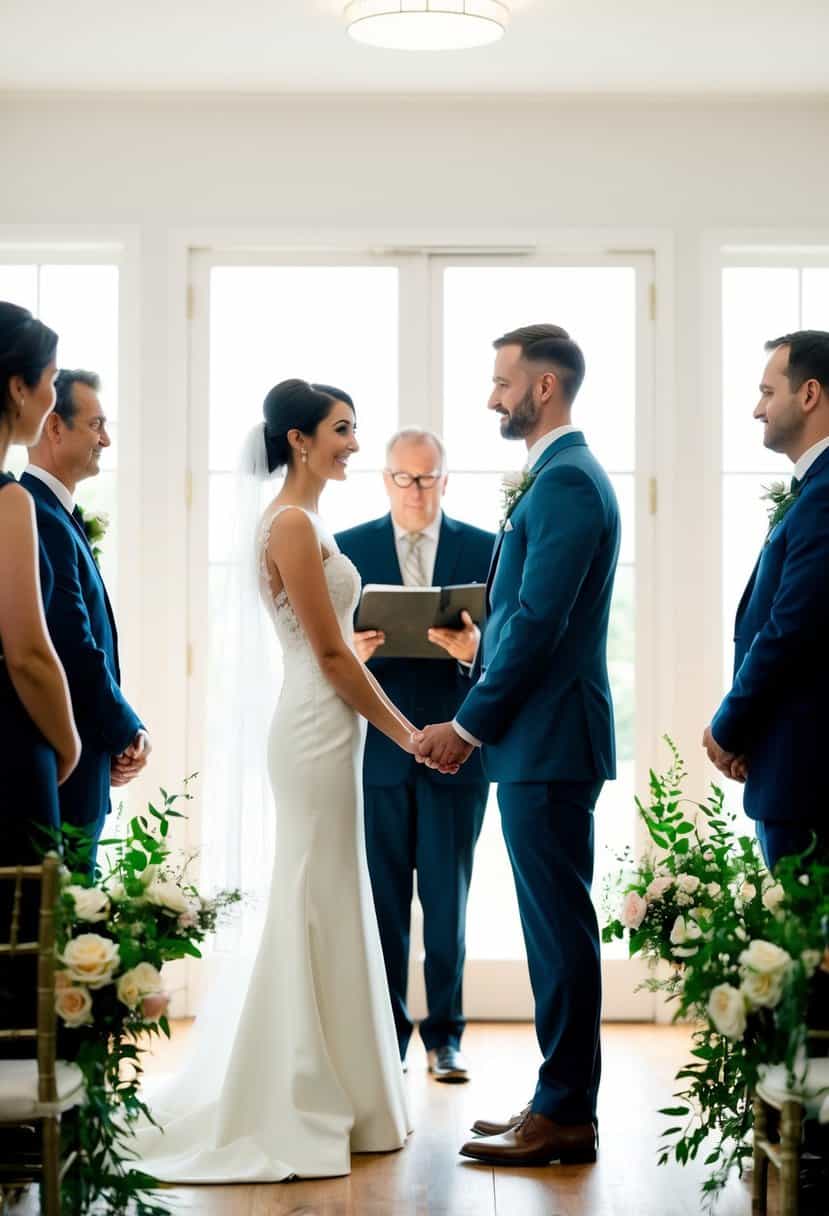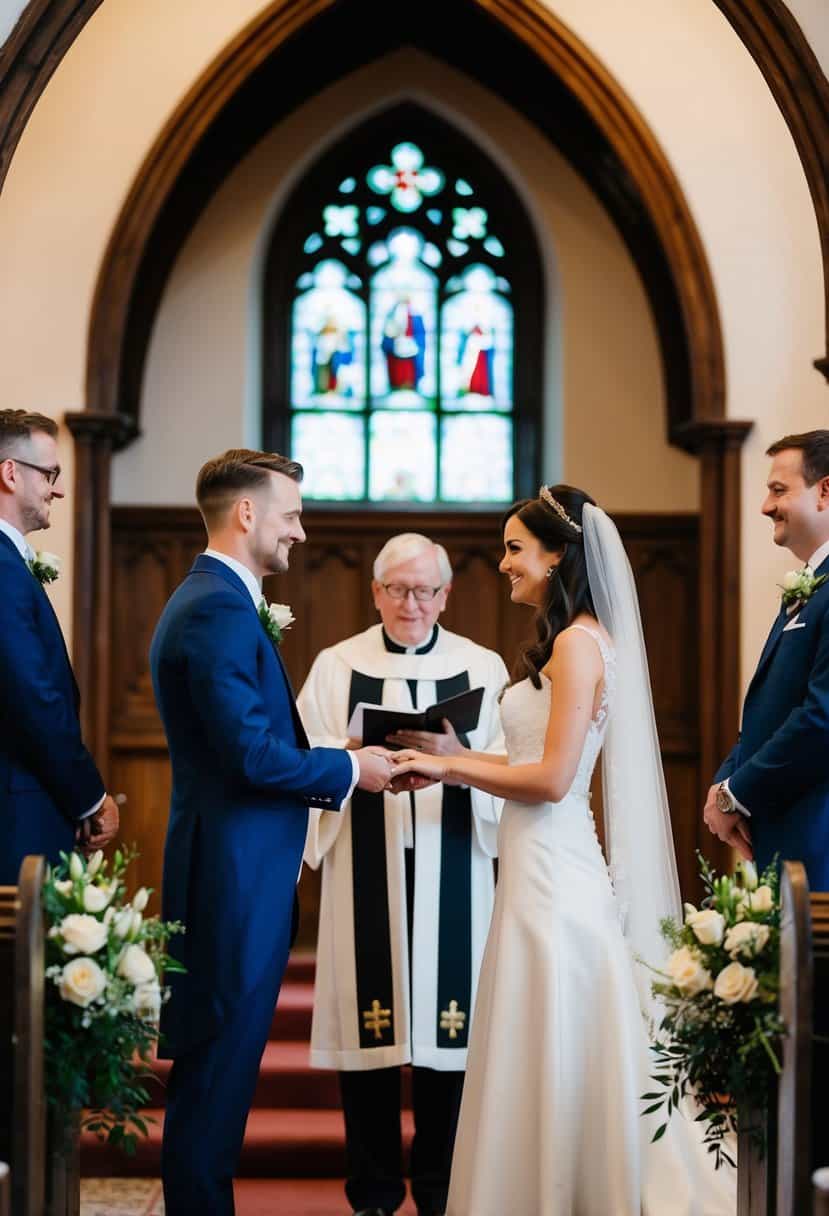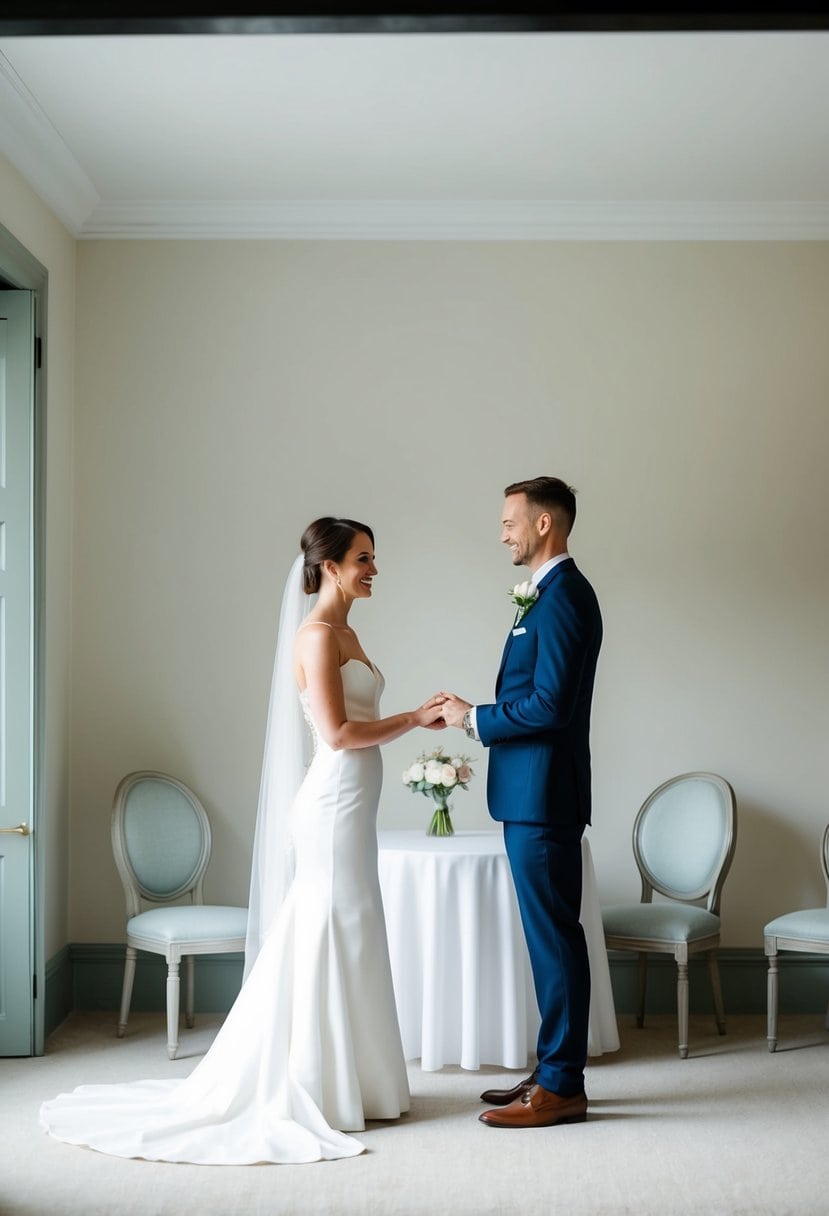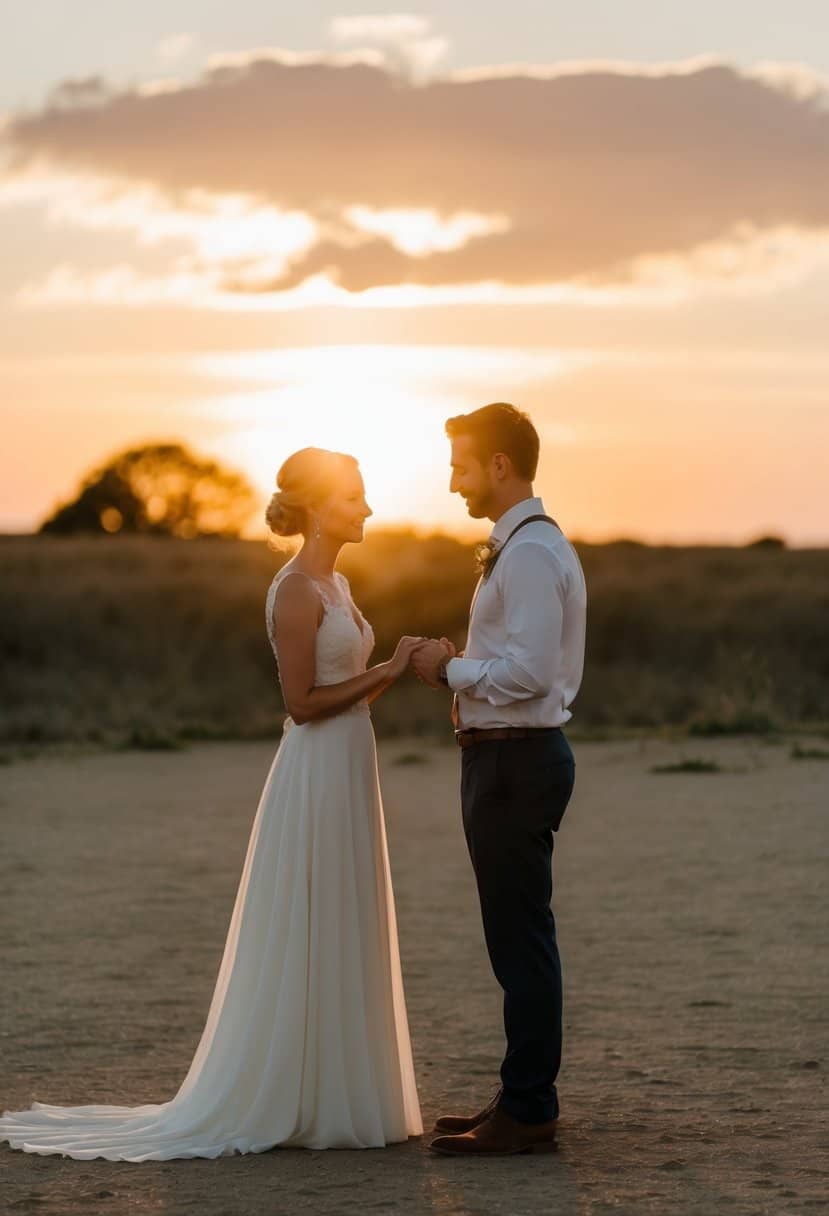Can You Get Married Without Witnesses in the UK? Everything You Need to Know!
Thinking about tying the knot in the UK? It’s an exciting journey, but it’s important to know some of the formalities. In the UK, you cannot get married without witnesses. This is a legal requirement in England, Wales, Scotland, and Northern Ireland. Whether your ceremony is small and intimate or a grand event, at least two witnesses must be present to make the marriage official.

This rule applies to both marriages and civil partnerships. The person conducting the ceremony and your witnesses play crucial roles and must all be present. If you’re planning a unique or non-traditional ceremony, it’s still essential to have the right legal steps covered to ensure everything is official.
Understanding these requirements is a crucial part of planning your wedding or civil partnership. While the romance and celebration are key, knowing what the law requires helps your day run smoothly.
Dive deeper into the details so you can plan confidently and enjoy every moment of your special day.
Legal Requirements for Marriage in the UK

To get married in the UK, you need to meet certain legal requirements. This includes things like witnesses and choosing between a civil or religious ceremony. Understanding these elements can help ensure that your wedding is legally recognized.
Importance of Witnesses
In the UK, having witnesses at your wedding is crucial. You need at least two witnesses to be present. They sign the marriage register, which confirms the legality of your marriage.
Witnesses don’t have to be your close friends or family. They just need to understand English and be present throughout the ceremony. Their role is simple: to observe and then sign the marriage certificate. Whether you’re in a register office or at a different venue, witnesses are necessary for both civil and religious ceremonies.
Civil vs Religious Ceremonies
Choosing between a civil or religious ceremony affects your marriage process. A civil ceremony takes place at a register office or an approved venue. You don’t have to include religious elements in a civil ceremony. A registrar conducts the ceremony, ensuring all legal aspects are covered.
On the other hand, a religious ceremony can be held in places like the Church of England or Church in Wales. These require both a religious leader and a registrar to ensure legal validity. Each option has its rules, so think about what aligns best with your values.
Whether you choose a civil or religious route, make sure it fits your vision and fulfills all legal requirements.
Steps to Get Married in the UK

Getting married in the UK involves several steps. Both civil ceremonies and civil partnerships have similar requirements, making it straightforward if you follow each step carefully.
Giving Notice at the Register Office
Before you can get married, you need to give notice at your local register office. This means you must go there in person and declare your intention to marry. You should do this at least 29 days before your wedding ceremony.
Make sure you bring identification such as a passport or birth certificate. If either of you isn’t British, the notice period might be extended to 70 days. During this time, your details will be displayed publicly at the office.
You must give notice in the area where you have lived for at least the past seven days. Each person must give notice separately if you are living in different areas.
Obtaining a Marriage Schedule or Certificate
Once you have given notice, you will be issued a marriage schedule or certificate. This document is essential for the wedding to go ahead.
You can collect it a few days before the ceremony. The schedule allows a specific registrar to officiate your marriage on the day.
Check with your chosen venue to ensure they have their own registrar or if you need to arrange one yourself. Some locations may provide this service, while others require you to book the registrar independently.
Be prepared and know that having the correct paperwork will ensure a smooth wedding ceremony.
Special Types of Ceremonies

Different types of wedding ceremonies may include unique elements such as relying on personal beliefs or opting for intimate settings. While versatility allows for a variety of celebrations, legal requirements still must be followed to ensure the marriage is recognized.
Same-Sex Weddings and Civil Partnerships
In the UK, same-sex weddings and civil partnerships are fully legal. You can incorporate both personal and traditional elements into your celebration. You might choose a religious wedding, or if you prefer something informal and personal, handfasting ceremonies are a meaningful option.
Remember, legal ceremonies require a registrar and at least two witnesses to make it official. Whether you opt for a grand celebration or a more private ceremony with close friends and family, your day should reflect your relationship and commitment. Civil partnerships offer a legally recognized relationship akin to marriage if that’s what you desire.
Elopements and Private Ceremonies
Many couples choose to elope or have a very private ceremony for various reasons, such as the desire for an intimate atmosphere or to avoid large expenses.
While elopements might sound spontaneous, you still need to submit a notice to the registary office roughly 29 days before your chosen date.
A private ceremony can take place in a variety of settings, from a favorite restaurant to a scenic outdoor location. While such ceremonies are intimate, remember that to legalize your marriage, a registrar and two witnesses are necessary.
Handfasting rituals or personalized vows can add depth to your private ceremony, reflecting your unique bond.
Marriage Involving Foreign Nationals

Getting married in the UK as a foreign national can involve specific requirements related to visas and residency. Additionally, marrying abroad may have a different set of rules you need to follow.
Visa and Immigration Requirements for Marriage
If you’re a foreign national planning to marry in the UK, you may need a Marriage Visitor Visa if you’re coming to the UK specifically to get married.
To apply, you’ll need a valid passport and proof of intention to marry. If you’re staying in the UK longer, other visas might be suitable. Check if you’re eligible for the EU Settlement Scheme, which can affect your immigration status. Settled or pre-settled statuses might allow you to marry without additional paperwork.
You must also provide notification of your intent to marry at a register office at least 28 days before the wedding. This notification period allows authorities to verify your details and ensure all legal requirements are met.
Marrying Outside the UK
If you’re thinking about a wedding outside the UK, check the marriage laws of that country first. Different countries have varying rules and required documents, so preparation is key.
You might need a certificate of no impediment, which proves you’re free to marry. Some countries require a local marriage registration with translated documents if they’re not in English.
Remember, even when marrying abroad, ensure your marriage is legally recognized back in the UK. Also, find out if you need a visa to enter the country where you plan to wed.
Studying these requirements beforehand can prevent unexpected complications and make your wedding day as stress-free as possible.
Changing Your Name and Marital Status

Changing your name after getting married or entering a civil partnership can be a straightforward process, but it involves specific steps. Your marital status also has legal implications that affect your rights and responsibilities.
Process of Changing Your Name After Marriage
After a marriage, you might want to change your last name. This usually starts with your marriage certificate. It serves as the legal document required to update your records.
Next, inform relevant authorities, like the Passport Office and the DVLA for your driver’s license. If you’re going through a divorce or dissolution, you might need a decree absolute or final order to revert to a previous name.
Consider notifying your bank, employer, and any other places where your name appears officially. Keep copies of all relevant documents in case you need them later.
Legal Implications of Marriage and Civil Partnerships
Marriage and civil partnerships change your legal status. Your rights and obligations could change, especially concerning property ownership, inheritance, and taxation. For instance, you have the right to inherit a spouse’s estate if they pass away without a will.
Updating your legal status is essential. Institutions may need proof of marriage or partnership. You can usually present a marriage certificate for this. This ensures your rights are honored and can include access to health benefits or spousal support. Always keep signed documents in a safe place, as they prove your marital status and protect your legal rights.


